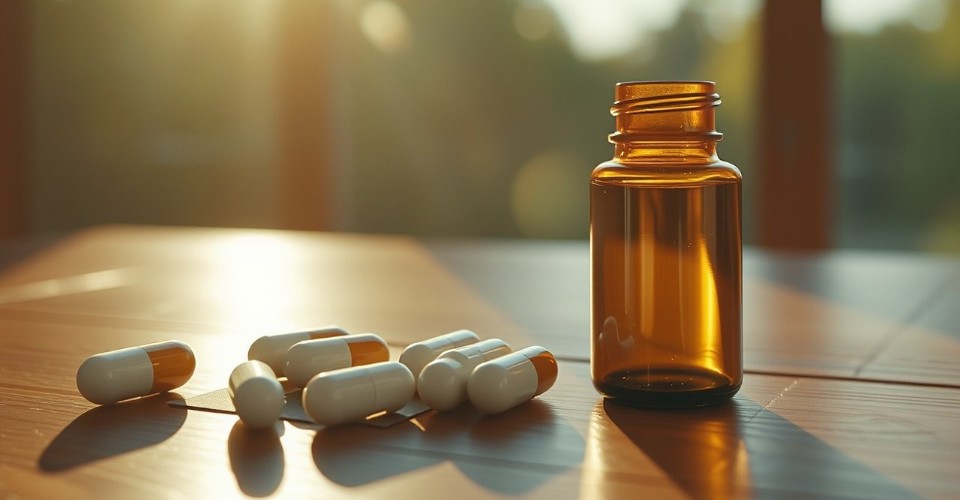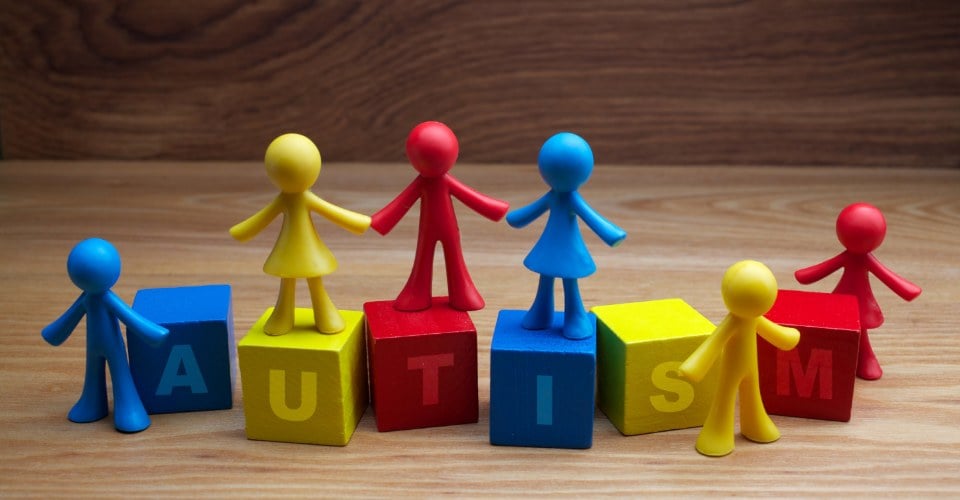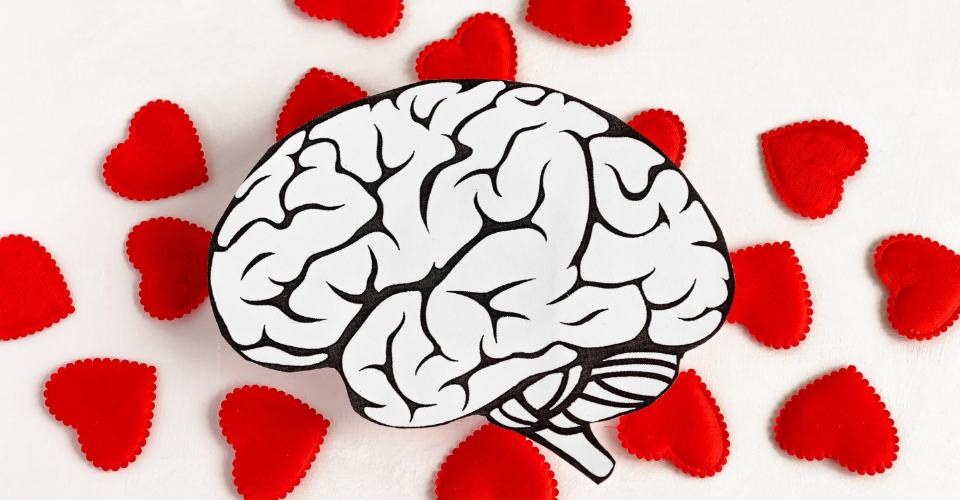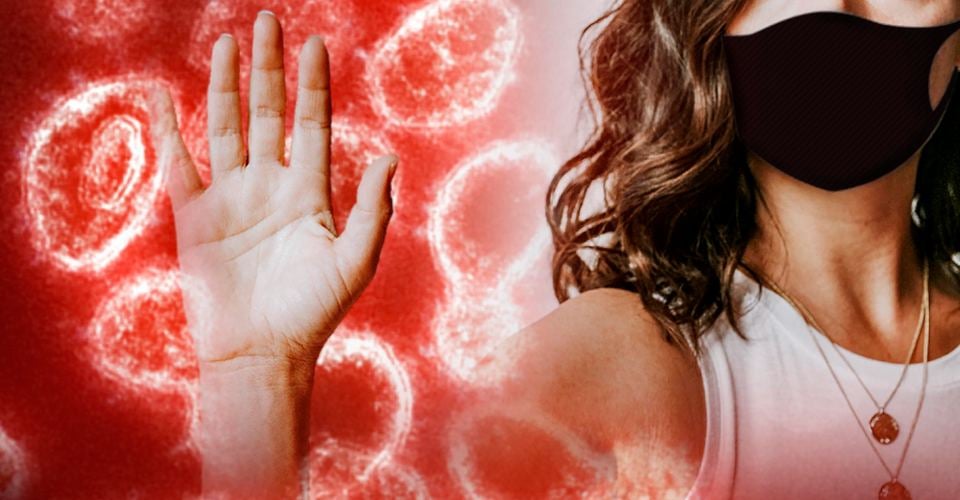Setting the Stage
Imagine living life on a roller coaster—one moment you’re on top of the world, and the next, you’re in a deep valley of despair. For individuals with bipolar disorder, this can be their everyday reality. But there’s hope, and for many, lithium has been a game-changer. As one of the most studied treatments for bipolar disorder, lithium helps manage mood swings and stabilize emotions. Let’s dive into what makes this medication so effective and what you should know before starting treatment.
Understanding Lithium for Bipolar Disorder
Lithium, widely recognized by its brand names such as Eskalith and Lithobid, is one of the oldest and most effective treatments for bipolar disorder. It is classified as a mood stabilizer and has been a cornerstone in bipolar treatment for decades. Despite being extensively studied, its precise mechanism of action remains only partially understood. However, it is believed that lithium enhances communication between nerve cells in brain areas involved in mood regulation, thought processing, and behavior.
The Role of Lithium in Bipolar Disorder
Bipolar disorder is characterized by extreme mood swings, including manic highs and depressive lows. Lithium is primarily used to stabilize these mood fluctuations, offering relief from both poles of the disorder.
Key Benefits of Lithium
- Reduction in Mania: Lithium decreases the severity and frequency of manic episodes, helping individuals regain control over their lives.
- Management of Depression: It helps mitigate depressive symptoms, often preventing them from escalating into severe episodes.
- Suicide Risk Reduction: Long-term use of lithium has been linked to a significant reduction in suicide risk, making it an essential tool in bipolar treatment.
How Lithium Works
Lithium influences the central nervous system by:
- Stabilizing neurotransmitter levels, including serotonin and dopamine.
- Reducing hyperactivity in the brain that contributes to manic episodes.
- Supporting neuroplasticity, which enhances the brain’s ability to adapt and recover from mood dysregulation.
Effectiveness of Lithium
Numerous studies validate lithium’s efficacy as a bipolar medication. According to the World Health Organization (WHO), lithium remains one of the most effective treatments for bipolar disorder, reducing relapse rates by up to 50% in compliant patients. Moreover, individuals taking lithium experience a marked improvement in overall mood stability compared to those not on medication.
Lithium Side Effects: What You Need to Know for Bipolar Treatment
Lithium is one of the most widely prescribed medications for managing bipolar disorder. Often regarded as the gold standard for bipolar treatment, lithium helps stabilize mood swings and prevent episodes of mania and depression. However, like all psychiatric medications, it comes with potential side effects. Understanding these side effects is an essential part of managing your treatment and ensuring the medication works effectively for your condition.
Common Side Effects of Lithium for Bipolar Disorder
While lithium is highly effective in treating bipolar disorder, it can cause a range of side effects, from mild to severe. Most people undergoing bipolar treatment tolerate lithium well, but being aware of potential side effects can help you address them promptly and discuss concerns with your healthcare provider. Below, we’ll elaborate on the most common side effects and what they may mean for you.
1. Mild Tremors
One of the most frequently reported side effects of lithium is mild tremors, particularly in the hands. These tremors often occur during fine motor activities like writing or holding objects. Research suggests that up to 27% of individuals taking lithium for bipolar disorder may experience this side effect. Although typically harmless, tremors can become bothersome over time. If the tremors intensify or disrupt daily activities, a healthcare provider may adjust the dosage or recommend additional medications to manage them.
2. Increased Thirst and Urination
Increased thirst and frequent urination, known as polyuria, are common side effects associated with lithium use. Lithium affects kidney function, which can lead to excessive fluid excretion. Studies indicate that 30-50% of people on lithium therapy experience these symptoms. Staying well-hydrated is crucial, but consuming too much fluid can exacerbate the problem. If the symptoms persist or worsen, they could indicate potential kidney strain, and further medical evaluation might be necessary.
3. Weight Gain
Weight gain is another prevalent concern for individuals undergoing bipolar treatment with lithium. Studies estimate that up to 25% of patients may experience noticeable weight changes. The mechanisms behind lithium-induced weight gain are not entirely understood but may involve changes in metabolism, appetite, or water retention. Maintaining a balanced diet and regular exercise routine can help mitigate this side effect. If weight gain becomes significant, discussing alternative bipolar medications with your doctor may be an option.
4. Nausea and Gastrointestinal Upset
Nausea, vomiting, and general gastrointestinal discomfort are common during the initial stages of lithium treatment. These side effects are often temporary and may subside as your body adjusts to the medication. Taking lithium with food or switching to an extended-release formulation can help reduce these symptoms. Approximately 20% of patients report gastrointestinal upset as a transient issue during their treatment.
5. Fatigue or Drowsiness
Fatigue and drowsiness are frequently reported by those taking lithium for bipolar disorder. These symptoms can range from mild tiredness to significant lethargy, potentially impacting daily functioning. Up to 15% of patients may experience fatigue, which might improve over time or with dosage adjustments. Ensuring you get enough sleep and maintaining a healthy lifestyle can also help combat this side effect.
Understanding Severe Side Effects of Lithium
While the above side effects are typically manageable, lithium can occasionally cause more severe reactions. These include:
- Kidney Dysfunction: Long-term lithium use can affect kidney function. Regular kidney function tests are crucial to monitor any potential damage.
- Thyroid Issues: Hypothyroidism is a known risk, with studies indicating that up to 20% of individuals on lithium develop thyroid abnormalities.
- Lithium Toxicity: High levels of lithium in the bloodstream can lead to toxicity, which is a medical emergency. Symptoms include severe nausea, confusion, muscle weakness, and seizures. Monitoring lithium levels regularly can prevent this condition.
Tips for Managing Lithium Side Effects
Managing the side effects of lithium for bipolar treatment involves a combination of lifestyle changes and regular medical monitoring. Here are some strategies:
- Stay Hydrated: Drink enough water, but avoid overhydrating.
- Monitor Diet and Exercise: Maintaining a balanced diet and engaging in regular physical activity can mitigate weight gain.
- Routine Testing: Regular blood tests to monitor lithium levels, kidney function, and thyroid health are essential.
- Communicate with Your Doctor: Report any troubling side effects to your healthcare provider promptly. Adjustments in dosage or switching to another bipolar medication may be necessary.
Lithium remains a cornerstone of bipolar treatment due to its proven efficacy in stabilizing mood swings. However, like all psychiatric medications, it comes with potential side effects. By understanding and managing these effects—from mild tremors and weight gain to more severe issues like kidney dysfunction—you can maximize the benefits of lithium for bipolar disorder while minimizing its risks. Regular communication with your healthcare provider and adherence to monitoring protocols are vital components of successful treatment.
Monitoring for Safety
Doctors often conduct regular blood tests to monitor lithium levels and ensure they remain within a therapeutic range. The therapeutic window for lithium is narrow, meaning that even slight deviations can lead to toxicity or reduced efficacy.
Considerations When Taking Lithium
Lithium may not be suitable for everyone. Before beginning treatment, patients should discuss their medical history, lifestyle, and other medications with their healthcare provider. Important considerations include:
- Drug Interactions: Lithium can interact with other psychiatric medications, over-the-counter drugs, and herbal supplements.
- Pregnancy and Breastfeeding: Lithium use during pregnancy is associated with potential risks to the fetus, and it can pass into breast milk.
- Hydration and Diet: Adequate hydration is crucial, as dehydration can increase lithium levels and risk toxicity.
Alternatives and Complementary Bipolar Treatments
While lithium remains a gold standard, not everyone responds to it. Other bipolar medications include:
- Anticonvulsants: Medications like valproate and lamotrigine can serve as alternatives or adjuncts.
- Atypical Antipsychotics: Drugs such as olanzapine or quetiapine are often prescribed for acute manic or depressive episodes.
- Therapy: Cognitive-behavioral therapy (CBT) and psychoeducation play a significant role in managing bipolar disorder alongside medication.
Statistical Insights
- Approximately 2.8% of U.S. adults have been diagnosed with bipolar disorder, according to the National Institute of Mental Health (NIMH).
- Lithium reduces the risk of relapse by approximately 50%, highlighting its importance as a cornerstone treatment.
- Studies suggest that individuals on lithium have a 60-70% lower suicide rate compared to those not receiving mood stabilizers.
Lithium has stood the test of time as an effective bipolar medication. Despite its side effects and the need for careful monitoring, its benefits in mood stabilization, relapse prevention, and suicide risk reduction make it a vital part of bipolar treatment. Patients should work closely with their healthcare providers to optimize lithium therapy and explore complementary approaches to achieve the best outcomes in managing bipolar disorder.
How Is Lithium Administered?
Lithium comes in various forms, including tablets, capsules, and liquid. It usually takes several weeks to start showing effects, so patience is essential.
Dosage and Monitoring of Lithium for Bipolar Disorder
Understanding Dosages for Bipolar Treatment
Lithium, a cornerstone in bipolar treatment, requires careful dosage adjustments tailored to each individual. Dosage depends on factors such as the phase of bipolar disorder (mania, depression, or maintenance), the patient’s age, weight, and kidney function. The standard therapeutic blood level of lithium ranges from 0.6 to 1.2 mEq/L. Levels below this range may be ineffective, while higher levels can lead to toxicity. Psychiatric medications like lithium require close monitoring to balance efficacy and safety.
Importance of Blood Tests
Regular blood tests are a vital part of managing lithium for bipolar disorder. These tests ensure that lithium levels in the bloodstream remain within the therapeutic range. Blood tests are typically performed every 4-6 weeks during the initiation phase and every 2-3 months during long-term therapy. Monitoring is also crucial as lithium toxicity can cause symptoms like nausea, tremors, and confusion, which, in severe cases, may require hospitalization.
Hydration and Salt Intake
Proper hydration and a consistent salt intake significantly influence lithium levels in the body. Dehydration or drastic changes in sodium intake can lead to fluctuating lithium levels, potentially causing toxicity or reducing the drug’s effectiveness. Patients are advised to consume 2-3 liters of water daily and avoid sudden dietary changes.
Statistical Insights on Lithium Monitoring
Studies reveal that approximately 40% of patients using bipolar medications experience adverse effects due to inadequate monitoring. Lithium side effects, such as kidney or thyroid dysfunction, highlight the need for periodic tests to mitigate long-term risks.
Precautions and Interactions in Bipolar Treatment
When starting bipolar medication, it’s crucial to discuss your full medical history with your healthcare provider. This ensures the treatment plan is tailored to your needs and minimizes potential risks or side effects. Medications like lithium, a common treatment for bipolar disorder, can interact with existing health conditions and other medications. Below are important precautions to consider and topics to discuss with your psychiatrist.
Medical History to Discuss
- Heart Disease
- Certain psychiatric medications can impact heart health. Lithium, for example, may affect electrical conduction in the heart, leading to arrhythmias in individuals with pre-existing conditions.
- Discuss any history of cardiovascular disease, high blood pressure, or irregular heartbeats with your doctor to avoid complications during bipolar treatment.
- Kidney Disease
- Lithium is primarily processed through the kidneys, making it essential to disclose any history of kidney issues before starting treatment.
- Long-term use of lithium can potentially harm kidney function, necessitating regular monitoring of creatinine levels to prevent serious lithium side effects. Studies show up to 20% of patients on lithium therapy experience mild kidney impairment.
- Epilepsy
- If you have a history of seizures, some bipolar medications may lower the seizure threshold, increasing the risk of an episode.
- Anti-seizure medications like valproate, often used for bipolar treatment, may be a safer option, but this should be carefully evaluated by your doctor.
- History of Allergies
- Inform your healthcare provider about any allergies, particularly to medications, as allergic reactions to psychiatric medications can occur.
- For instance, hypersensitivity to lithium or mood stabilizers may manifest as skin rashes or gastrointestinal discomfort.
Always communicate openly with your healthcare team, undergo regular blood tests to monitor the effects of bipolar medication, and keep track of any changes in your health to optimize your treatment plan.
Medication Interactions in Bipolar Treatment
Bipolar medication, particularly lithium, is a cornerstone of bipolar treatment. However, its effectiveness and safety depend significantly on how it interacts with other substances, including foods, medications, and lifestyle factors. Understanding these interactions is crucial for managing bipolar disorder effectively and minimizing lithium side effects.
Low-Sodium Diets and Lithium Levels
- Impact of Sodium on Lithium: Sodium levels in the body directly affect how lithium is processed. A low-sodium diet can lead to higher lithium concentrations in the bloodstream, increasing the risk of toxicity.
- Risks of Lithium Toxicity: Symptoms of lithium toxicity include nausea, vomiting, tremors, and, in severe cases, kidney damage or neurological impairment. Studies suggest that up to 20% of patients on lithium therapy experience mild toxicity symptoms due to sodium imbalances.
- Dietary Guidance: Patients should maintain a balanced sodium intake and consult their healthcare provider about dietary changes to support safe bipolar medication management.
NSAIDs and Lithium Levels
- Why NSAIDs Are a Concern: Nonsteroidal anti-inflammatory drugs (NSAIDs) like ibuprofen can increase lithium levels by reducing its excretion through the kidneys. This can lead to higher plasma concentrations of the medication.
- Alternatives to NSAIDs: Acetaminophen is often recommended as a safer alternative for pain relief during bipolar treatment. A 2019 study reported that up to 15% of lithium toxicity cases were linked to NSAID use.
Alcohol and Heavy Machinery
- Cautions with Alcohol: Alcohol consumption can interfere with psychiatric medications, impairing judgment and increasing the risk of mood instability. It may also worsen lithium side effects, such as drowsiness or dehydration.
- Operating Machinery: Lithium and other psychiatric medications can cause dizziness or slowed reaction times, making it unsafe to operate heavy machinery. Adhering to this precaution reduces the risk of accidents and ensures treatment adherence.
Close monitoring by a healthcare provider is essential to navigate these interactions effectively and maintain the benefits of bipolar treatment.
Lithium and Pregnancy
Lithium has been linked to certain birth defects, especially in the first trimester of pregnancy. Discuss risks and benefits with your doctor if you are pregnant or planning to conceive.
Breastfeeding Considerations:
- Lithium can pass into breast milk; consult your doctor to assess safety.
Statistical Insights
- According to studies, lithium reduces the risk of suicide by up to 60% in individuals with bipolar disorder.
- Approximately 1 in 100 adults globally are diagnosed with bipolar disorder, and lithium remains a cornerstone of treatment.
Managing Missed Doses
If you miss a dose:
- Take it as soon as you remember unless it’s close to the next scheduled dose.
- Never double up to make up for a missed dose.
Key Takeaways
- Lithium is a well-researched and effective treatment for bipolar disorder.
- Regular monitoring and consistent lifestyle habits are crucial for its success.
- Side effects are common but often manageable with medical guidance.
- Always discuss risks, especially concerning pregnancy and other medications, with your doctor.
At a Glance
- Medication Name: Lithium (Eskalith, Lithobid)
- Primary Use: Bipolar disorder treatment
- Benefits: Stabilizes mood, reduces suicide risk
- Common Side Effects: Tremors, thirst, drowsiness
- Serious Risks: Kidney damage, lithium toxicity
- Monitoring Required: Blood tests for safe levels
FAQs
1. How long does it take for lithium to work?
Lithium typically takes several weeks to show noticeable effects. Patience and regular check-ins with your doctor are essential.
2. Can I stop taking lithium suddenly?
No. Abruptly stopping lithium can lead to a rebound of symptoms. Always consult your doctor before making any changes.
3. Is lithium safe for children?
Lithium is sometimes prescribed for children with bipolar disorder, but it requires careful monitoring and specialist input.
4. What should I do if I suspect lithium toxicity?
Seek medical attention immediately. Symptoms include nausea, confusion, slurred speech, and an irregular heartbeat.
5. Are there alternatives to lithium?
Yes, other medications like anticonvulsants and atypical antipsychotics can also manage bipolar disorder. Discuss options with your psychiatrist.
Conclusion
Lithium has been a trusted ally for managing bipolar disorder for decades. While it’s not without its challenges, the benefits often outweigh the risks for many patients. By staying informed and working closely with your healthcare provider, we can make the most of this life-changing treatment together.






















Leave a Reply
You must be logged in to post a comment.